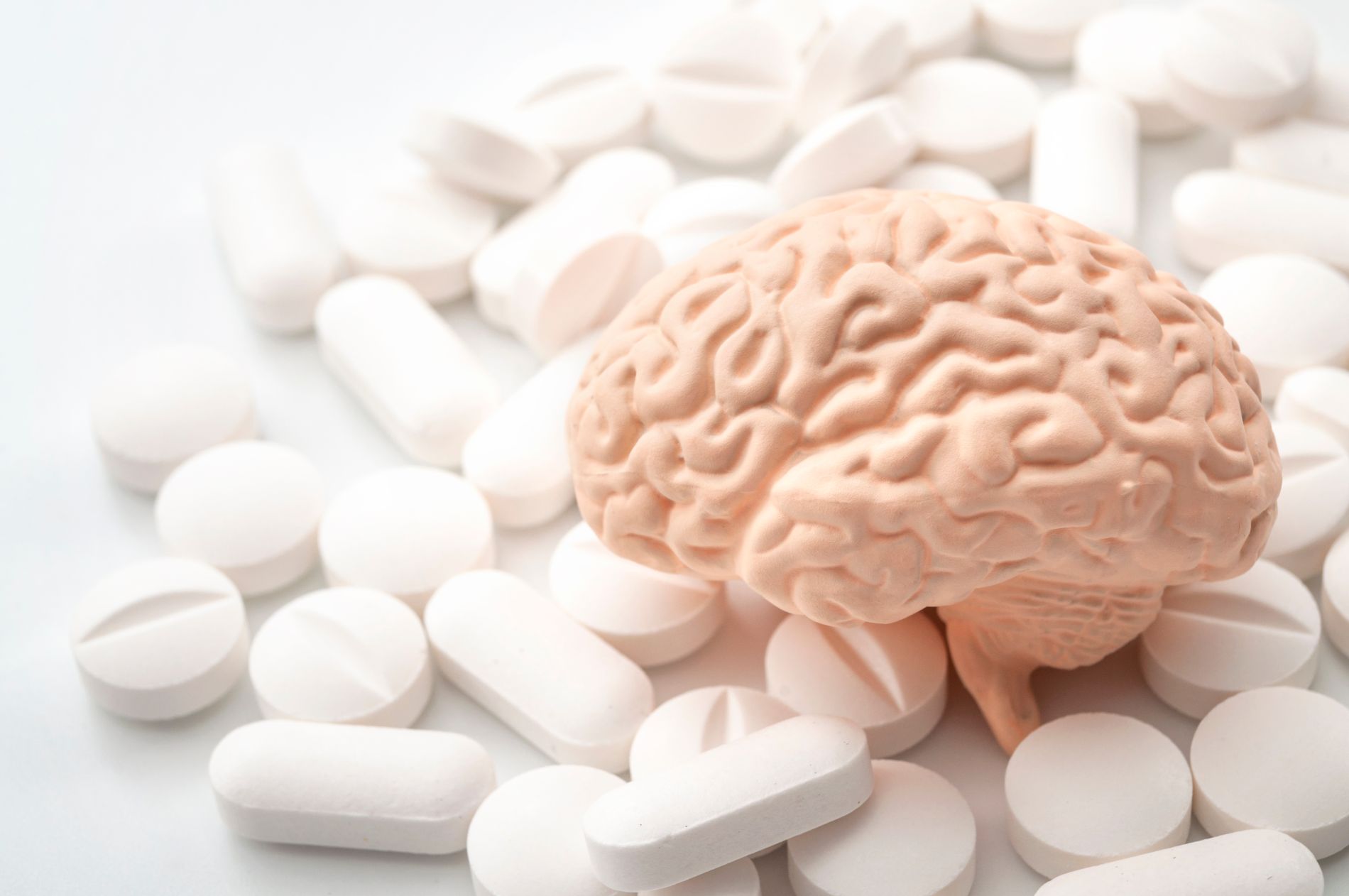Brain boosters - hit or putty?

Supplements for improving brain function are a heavily trending topic. There is growing both interest in them and controversy surrounding them. It's a relatively new topic in the mainstream, so it's not surprising that many people are wary of it. However, it is crucial to know how brain boosters work and how to choose them properly. What to do to actually improve memory and concentration?
- Brain boosters - what's the deal with them?
- What are the distinctions between brain boosters?
- And which are the best?
- I have used brain boosters, but they do not work on me. What am I doing wrong?
- Can brain boosters be harmful?
Brain boosters - what's the deal with them?
Do you happen to sit down to work and completely unable to focus on the task at hand? Or forget the assimilated information after a few minutes? Brain boosters are designed precisely to minimize such occurrences. And at the same time support the brain at the core, making it healthier and more resilient to damage.
Brain boosters are also called nootropics. For a substance to be called a nootropic, it must improve the ability to focus (even under distracting conditions), improve memory, have no toxic effects and protect the brain from toxins (known as neuroprotective effects).
There is some confusion around them, as users don't always completely understand how they are supposed to work, and vendors sometimes like to exaggerate in marketing descriptions. Hence, controversies arise. Therefore, if you are interested in brain boosters, first try to gain adequate knowledge about the effects of the various substances and consider what you really need.
What are the distinctions between brain boosters?
There are quite a few of them. To begin with, we can divide them into pharmacological and natural. Pharmacological ones are the most famous ones, which are formally psychoactive prescription drugs and generally should not be taken without a doctor's recommendation. This is the most controversial group of brain boosters, and let's not kid ourselves, for good reason. Drugs like Adderall and Concerta are powerful stimulants that seriously interfere with brain health. And while the effects are instant and very satisfying, they are not entirely safe.
There are also boosters that are natural or at least modeled on natural substances. An excellent example is caffeine with l-theanine. Both substances are found in green tea. In supplements they can be in the form of natural extracts, but also as substances obtained synthetically, which does not affect the differences in effect.
If you have never used brain boosters before, caffeine+theanine is an excellent stack to start with.
Nootropic properties are attributed to, among others:
- herbs and plants - Rhodiola rosea, Ginkgo biloba, Gotu kola, Huperzia serrata, Panax ginseng, etc. Many of them are also adaptogens, so they are cool for mood and stress reduction. This group is extremely broad, as many plants have beneficial effects on the brain;
- amino acids - mainly l-theanine and l-tyrosine;
- choline in various forms, especially Alpha GPC and Cyticoline are good for the brain, but lecithin can also be included here;
- vital mushrooms, such as Lion's mane or Cordyceps.
There are also pharmacological nootropics that are not stimulants. This is a very interesting group of brain boosters that requires a bit of familiarity with the subject and is unlikely to be used in the first place - it is for the more advanced. This is especially true of noopept and members of the racetam group (coluracetam, aniracetam, oxiracetam and others), as well as peptides such as Semax and Selank. Most of them are not used in medical treatment in the European Union or the US, while in Eastern countries they are sold as over-the-counter drugs.

And which are the best?
An excellent question! But unfortunately, there is no equally good answer to it. Diplomatically, we can say that the best brain booster is the one individually selected on the basis of a detailed analysis of the needs and initial condition of the person. A different substance or mix of substances may work for everyone.
I have used brain boosters, but they do not work on me. What am I doing wrong?
It all depends on the situation. Sometimes we choose a supplement inaccurately matched to our needs and conditions (see above). For example: if you are using a booster to stimulate the nervous system when you are exhausted and experiencing symptoms of stress and anxiety, it is possible that such a stimulant will not only not give the expected effect, but will also worsen these negative symptoms. Then it would be better to choose a nootropic that affects emotional control and stress control, which should give a better effect.
Some nootropics also need the right environment. The relationship between racetams and choline is well known. When there is a lack of choline in the brain, racetams will not only fail to show their full potential, but may even cause side effects.
Sometimes we use a supplement not according to the suggested protocols or simply don't know the time it takes to notice effects. The effects may not be there if we use too little of something, too weak an extract, or the other way around if we use too much. Some nootropics are felt a dozen minutes after ingestion, while others take up to a month to show effects. Still others can show some of their effects quickly, and over time reveal new ones or enhance the initial ones. It all depends on the profile and mechanism of action of a given substance.
Sometimes our personal characteristics also limit the effects of nootropic supplementation. We may have a genetically predetermined faster metabolism of certain substances or a problem with their absorption. Or it could be that our brain is working optimally in a particular area and doesn't need support at all, and the problem you're noticing is rooted in a completely different place.
Can brain boosters be harmful?
As long as we choose them judiciously, use them in accordance with good practices and don't hijack the drugs without a doctor's recommendation, there should be no harm. On the contrary, nootropics should be characterized by their lack of toxicity, but also by their beneficial effects on brain health.
Nevertheless, any supplementation may be poorly tolerated in individual cases. It's always a good idea to start with the smallest doses, and when you want to use several products, introduce each product separately into the supplementation so that you can notice possible side effects and not wonder which ingredient caused them.
 ⮜ Previous article
⮜ Previous article
What is creatine monohydrate and how does it work?
 Next article ⮞
Next article ⮞